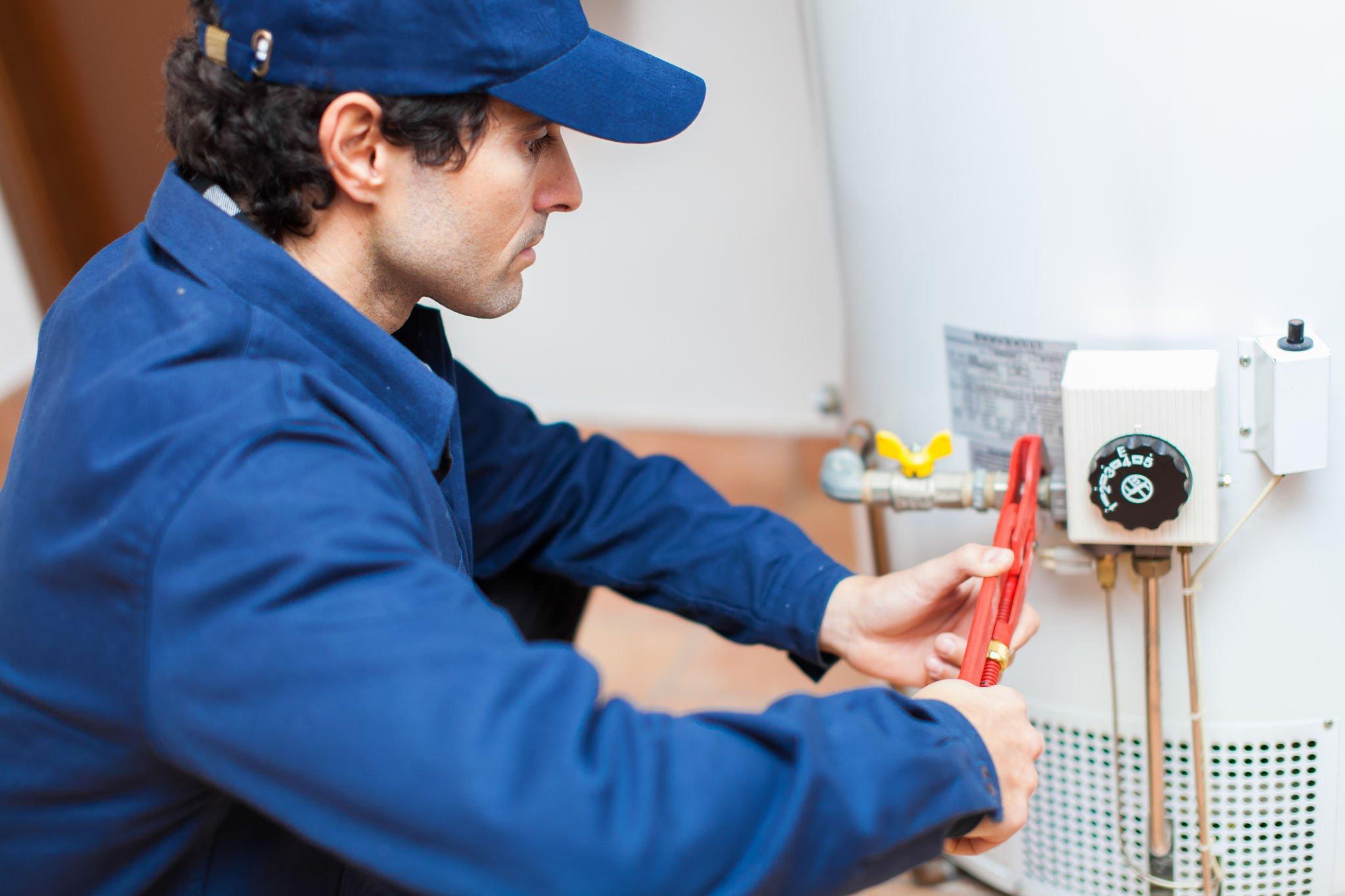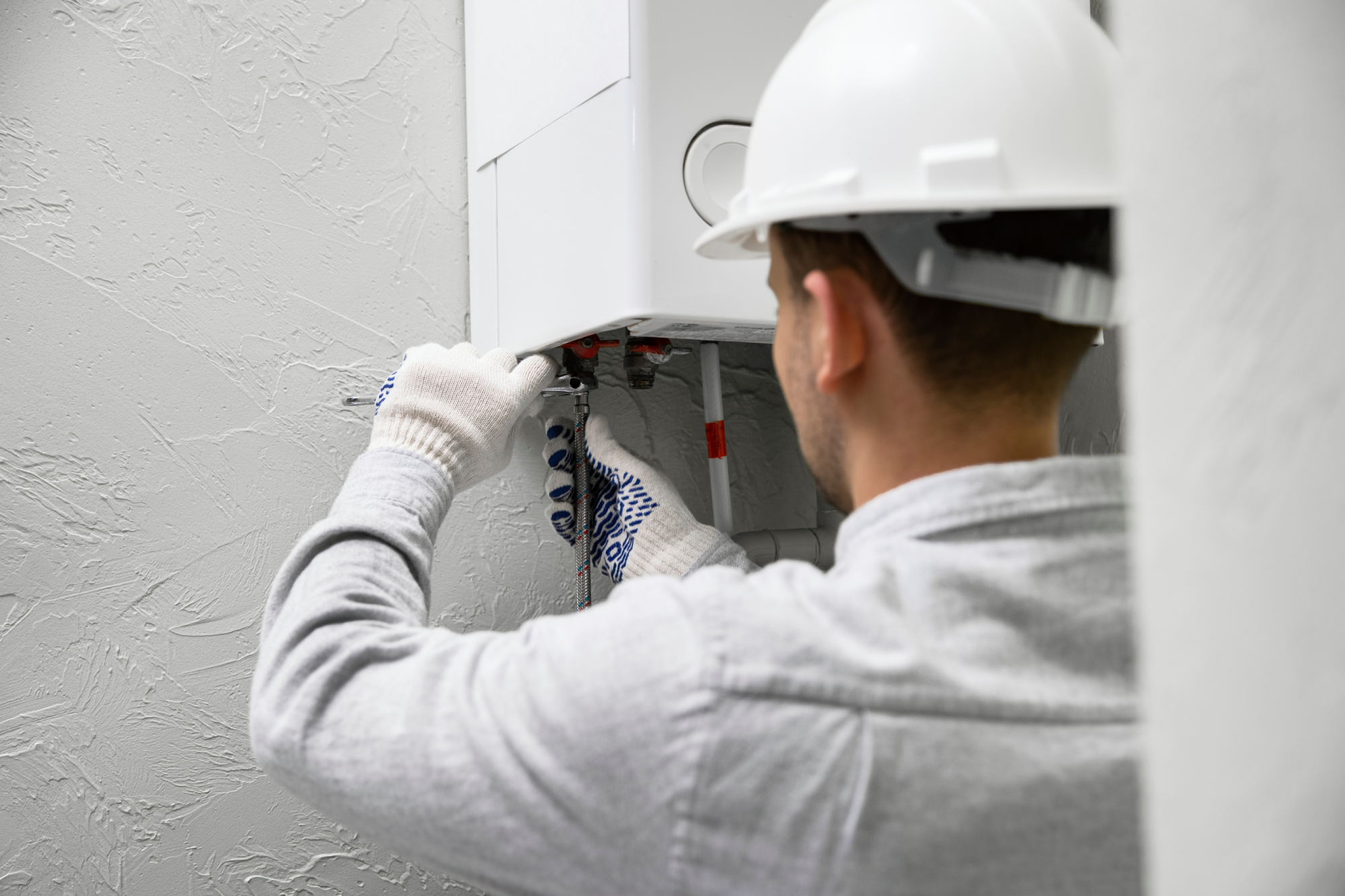Introduction
If you have a water heater that’s more than 10 years old, it may be time to consider replacing it. Older water heaters are more likely to experience problems such as leaks and corrosion, which can cause damage to your home. Replacing your heater will give you peace of mind knowing that you won’t risk flooding or other safety issues related to an old water heater.
Age of your water heater
The average lifespan of a typical water heater is 10 to 12 years. If you know the age of your current unit, it’s easy to see whether or not it’s time for a replacement. If you want to learn more about the benefits of having a new water heater in your home, check out our blog post on the topic.
If you have an electric heater: You should replace your electric water heater after 10 years and no later than 15 years regardless of its size or efficiency rating. The same rule applies if you have a gas-powered system; however, since natural gas is more expensive than electricity and tends to cost more up front too, we recommend replacing any type within 10 years unless something breaks down first (like an internal seal).
If your unit has been running successfully since then without any issues like leaks or clogs due also comes into play when determining how long it’ll last before needing repairs—and therefore replacing them becomes necessary—but most manufacturers will guarantee their products’ longevity up until this point anyway.”
Strange noises
If you hear strange sounds from your water heater, this can be a sign that it’s time to replace your appliance. If the noises you’re hearing are getting louder or more frequent, it might be time for a replacement. Some of the noises that mean it’s time for a new water heater include:
- Water trickling down into the drain when no one is using hot water in the house
- A buzzing sound coming from inside the unit
- Loud banging noises as pressure builds up inside
Dripping from the water heater
The first step is to determine where the leak is coming from. Leaks can happen in a variety of places, including the bottom, top and sides of your water heater. If it’s not immediately clear where the leak is coming from, try checking for leaks when there are no other people or pets around. This will help you avoid any scalding accidents that could occur if someone touches hot water without realizing it’s there.
If you think your hot water heater may be leaking and want to check it out before calling an HVAC professional, here are some signs to look out for:
- Water on or under its baseplate
- Steam or fog rising above the top edge of its casing (especially after using hot water)
- Rust stains around its baseplate if it’s located indoors
Rust colored or muddy water
When you notice rust colored or muddy water coming out of your faucets, it could be a sign that there is rust in your tank. If this happens, consult with a professional to check for leaks. While rusty water can be caused by hard water, it can also happen when sediment builds up in the tank or if you have a water softener installed.
Lack of hot water (no hot water)
If your water heater is less than 10 years old and you are not getting hot water, it may be time to replace the water heater. It is also time to replace your water heater if it is more than 10 years old.
Rotten egg smell
As a homeowner, it’s likely you’ve come across the problem of a rotten egg smell coming from your water heater. The stench is caused by hydrogen sulfide gas, which can be released when the flue pipe or combustion chamber are not properly sealed. This odor can be embarrassing when guests come over and make you wonder what’s wrong with your water heater—and if it’s time to replace it.
The signs of a bad water heater are often subtle; some homeowners may not even notice them until there is an issue with their appliance. For example, if there is excessive sediment build-up in your tank (or “sludge”), this could indicate that there has been improper maintenance or use of chemicals on the tank walls or components inside the unit
Rusted tank or leaking tank
If you see rust or corrosion on the tank, it’s time to replace it. Rust and corrosion are the most common reasons for water heaters to leak. If rust builds up in your water heater, it can weaken the metal of the tank and cause seepage around its seams. If you notice that there are holes or cracks in your tank, this may also indicate that a replacement is necessary—a weak spot in a tank can lead to leaks or even an explosion as gas builds up inside of it.
Replace your water heater if it is more than 10 years old and/or any of these problems have occurred.
If your current water heater is more than 15 years old, and any of the following problems have occurred, it’s time to replace your water heater:
- Your water heater is leaking or making strange noises.
- The pilot light is out.
- You are having difficulty getting hot water from the spigot in your bathroom sink or shower.
Conclusion
You should replace your water heater if it is more than 10 years old and/or any of these problems have occurred. You also need to make sure that the new unit meets all local codes for installation and capacity requirements.











